Digestive Health
How to Deal with Piles Naturally at Home
5 min read
By Apollo 24/7, Published on - 26 October 2021, Updated on - 20 February 2023
Share this article
1
54 likes
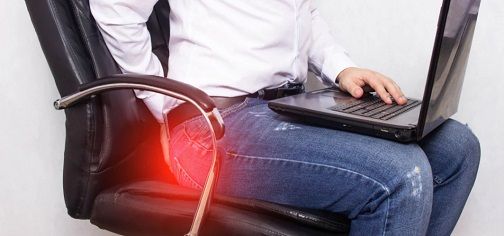
Lumps inside or around the anus, commonly known as piles, are one of the most common gastrointestinal problems affecting 50% of people by the age of 50 years. However, many people hesitate to seek medical attention unless the discomfort becomes severe. This is generally because of the embarrassment and stigma around anal issues, despite the condition being very common. However, ignoring can make the condition worse and unbearable. Fortunately, one can treat piles at their initial stages naturally at home. In this article, let us explore the various effective home remedies and lifestyle changes for alleviating the symptoms of piles.
Understanding more about piles and their causes
Medically termed as hemorrhoids, piles are swollen and inflamed veins in the anus (the outlet through which stools pass out of the body) or lower rectum (the last part of the large intestine) that cause pain, discomfort, and rectal bleeding.
During bowel movements, more blood flows into the veins in the anus to aid the process. However, if there is an excess strain or pressure on the veins, they tend to stretch and become swollen, causing piles.
Piles can either be external or internal. External piles occur underneath the skin surrounding the anus. These may be itchy, painful, and can bleed occasionally. On the other hand, internal piles occur inside the rectum and do not cause pain but may cause bleeding. Both types of piles can remain in the anus or stretch and bulge out of the anus.
The increased pressure in the lower rectum causing piles may be due to:
- Being overweight
- Consuming a low-fiber diet
- Having chronic constipation and diarrhoea
- Straining during bowel movement
- Sitting to pass stools for a long time
- Lifting heavy weights regularly.
With advancing age, the risk of piles increases due to stretching and weakening of the tissues that support the veins in the rectum and anus. This can also occur during pregnancy when the baby’s weight puts pressure on the veins around the anus or the rectum.
Recommended Read: Could Microscopic Colitis Be the Cause of Chronic Diarrhea?
Symptoms of piles
A person with hemorrhoids may experience symptoms that include:
- Blood with passing stools (not mixed with stool)
- Pain, itching, and irritation around the anal region
- Mucus or slimy discharge after passing stools
- A feeling of incomplete evacuation and the urge to pass stools again
- Painful lumps (swelling) around the anus
- Redness and inflammation around the anus.
Home remedies for prevention and management of piles
Most piles heal on their own with home remedies in a few weeks. Some of the effective home remedies that can help ease the discomfort associated with piles include:
- Sitz baths: Sitz baths involve sitting in warm water to relieve the pain and itching caused by piles, while reducing the risk of infection. Adding Epsom salt to the sitz bath is known to offer better relief by reducing pain. Sitz baths are more effective after passing stools and doing it for 15 minutes, 2-3 times a day is recommended. A full-body bath in a tub can also be considered.
- Applying witch hazel: Witch hazel has anti-inflammatory, antioxidant, and astringent (causes shrinkage of cells/tissues) properties that can help ease the symptoms when applied directly to the hemorrhoids.
- Applying coconut oil: Coconut oil has analgesic and anti-inflammatory properties that can help reduce pain and irritation associated with piles. The oil can soothe the affected region while reducing swelling and itching.
- Using cold compresses or ice packs: Ice packs can be applied directly to the hemorrhoids for 15 minutes every one hour to reduce pain, itching, swelling, and burning sensation. Cold packs or ice wrapped in a towel must be used as ice can cause tissue damage when applied directly.
- Applying aloe vera gel: Aloe vera contains anti-inflammatory properties that can aid in wound healing. Aloe vera gel can be applied directly to the anus or may be refrigerated and used cold for more relief. It is known to reduce itching, irritation, and swelling.
- Staying adequately hydrated: Drinking plenty of water is important for soft stools that prevent constipation while easing the pain and discomfort caused when passing stools.
- Consuming a fiber-rich diet: A diet high in fiber that includes fruits, vegetables, grains, legumes, nuts, and seeds can make the stools soft, thereby preventing constipation.
- Taking a fiber supplement: A natural fiber supplement, psyllium, made from the husks of the seeds from the plant Plantago ovata may be consumed to increase fiber intake. This can help soften stools and reduce the discomfort that occurs with bowel movements.
- Over-the-counter medications: Over-the-counter pain medications, hemorrhoid creams, or steroid creams can help alleviate the symptoms.
- Wearing appropriate clothes: Cotton loose-fitting clothing can reduce irritation around the anus, prevent further inflammation, and aid in wound healing.
- Exercise regularly: Regular exercise can help prevent and manage constipation by reducing pressure on veins that happens with prolonged sitting or standing. Exercise can aid in weight loss as obesity can contribute to piles.
- Follow certain habits: One can practice certain habits to prevent piles. These include:
- Do not hold – Holding puts pressure on the veins in the rectum.
- Do not strain – It is important not to push or force bowel movements.
- Do not sit for long – Sitting for too long in the toilet increases the pressure on the veins.
Conclusion
Piles are simple to manage and in most cases, resolve on their own with home remedies. However, one must consult the doctor if the home remedies are not effective, or there is excessive bleeding. Consuming enough fiber and drinking sufficient water of at least eight glasses per day is crucial to keep hemorrhoids at bay. Moreover, avoiding strain on the veins during bowel movements can help prevent piles and keep them from recurring.
Digestive Health
Leave Comment
Recommended for you
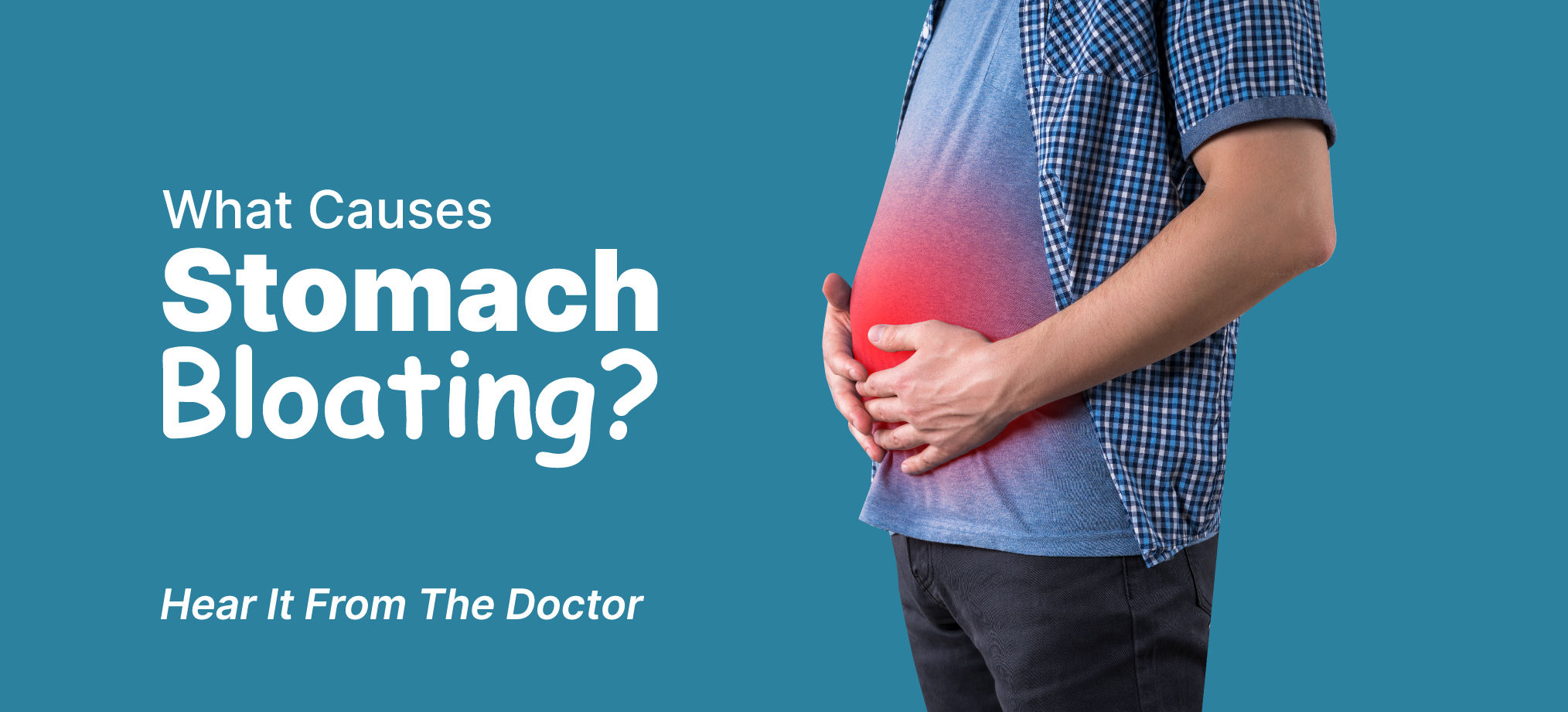
Digestive Health
Easy Ways to Manage Stomach Bloating
Lifestyle modifications like eating more fiber, drinking enough water, exercise, avoiding processed foods, and practicing mindful eating can prevent and relieve stomach bloating.
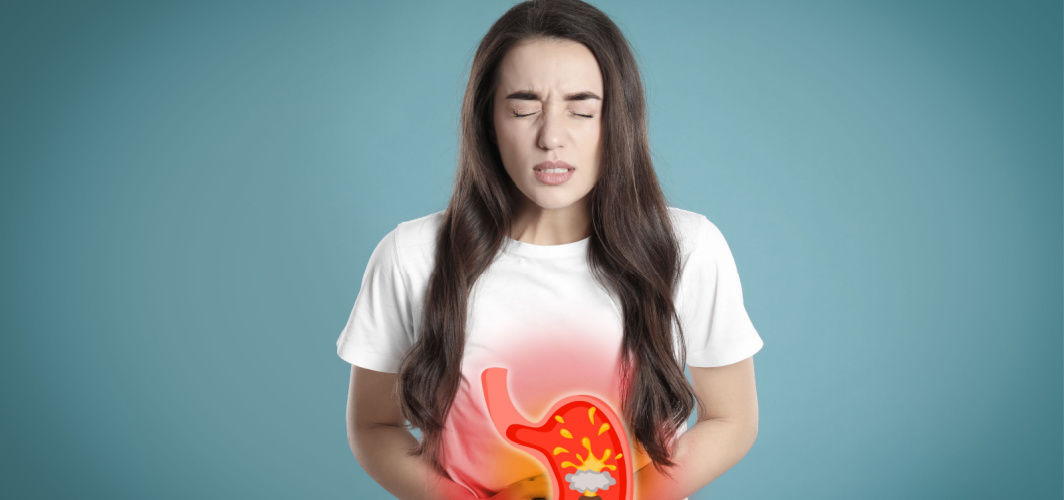
Digestive Health
Loose Motion: Causes, Symptoms, Treatment, Diet & Complications
This comprehensive article explores the causes, symptoms, diagnosis methods, and treatment options for loose motion or diarrhoea. It also covers potential complications and prevention measures.
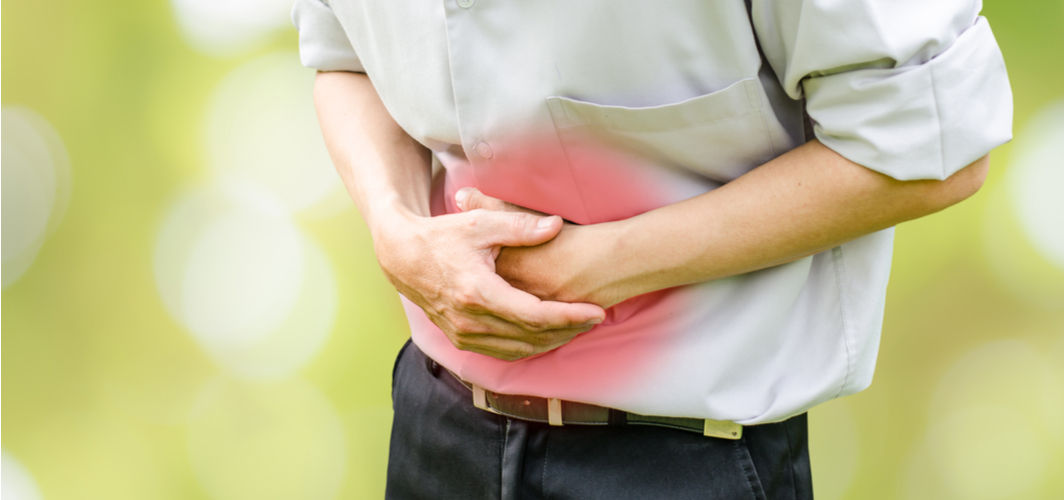
Digestive Health
Diverticulosis & Diverticulitis: Disorders Affecting the Large Intestine
When the diverticula do not cause any symptoms, the condition is called diverticulosis and when symptoms do occur with severe abdominal pain, it is called diverticulitis.
Subscribe
Sign up for our free Health Library Daily Newsletter
Get doctor-approved health tips, news, and more.
Visual Stories
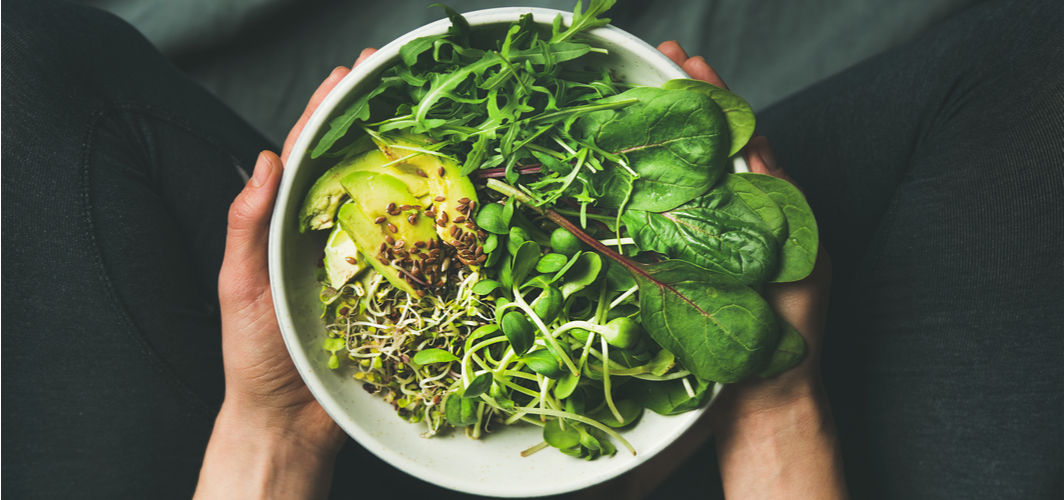
Hidden Health Benefits in a Bowl of Salad
Tap to continue exploring
Recommended for you

Digestive Health
Easy Ways to Manage Stomach Bloating
Lifestyle modifications like eating more fiber, drinking enough water, exercise, avoiding processed foods, and practicing mindful eating can prevent and relieve stomach bloating.

Digestive Health
Loose Motion: Causes, Symptoms, Treatment, Diet & Complications
This comprehensive article explores the causes, symptoms, diagnosis methods, and treatment options for loose motion or diarrhoea. It also covers potential complications and prevention measures.

Digestive Health
Diverticulosis & Diverticulitis: Disorders Affecting the Large Intestine
When the diverticula do not cause any symptoms, the condition is called diverticulosis and when symptoms do occur with severe abdominal pain, it is called diverticulitis.